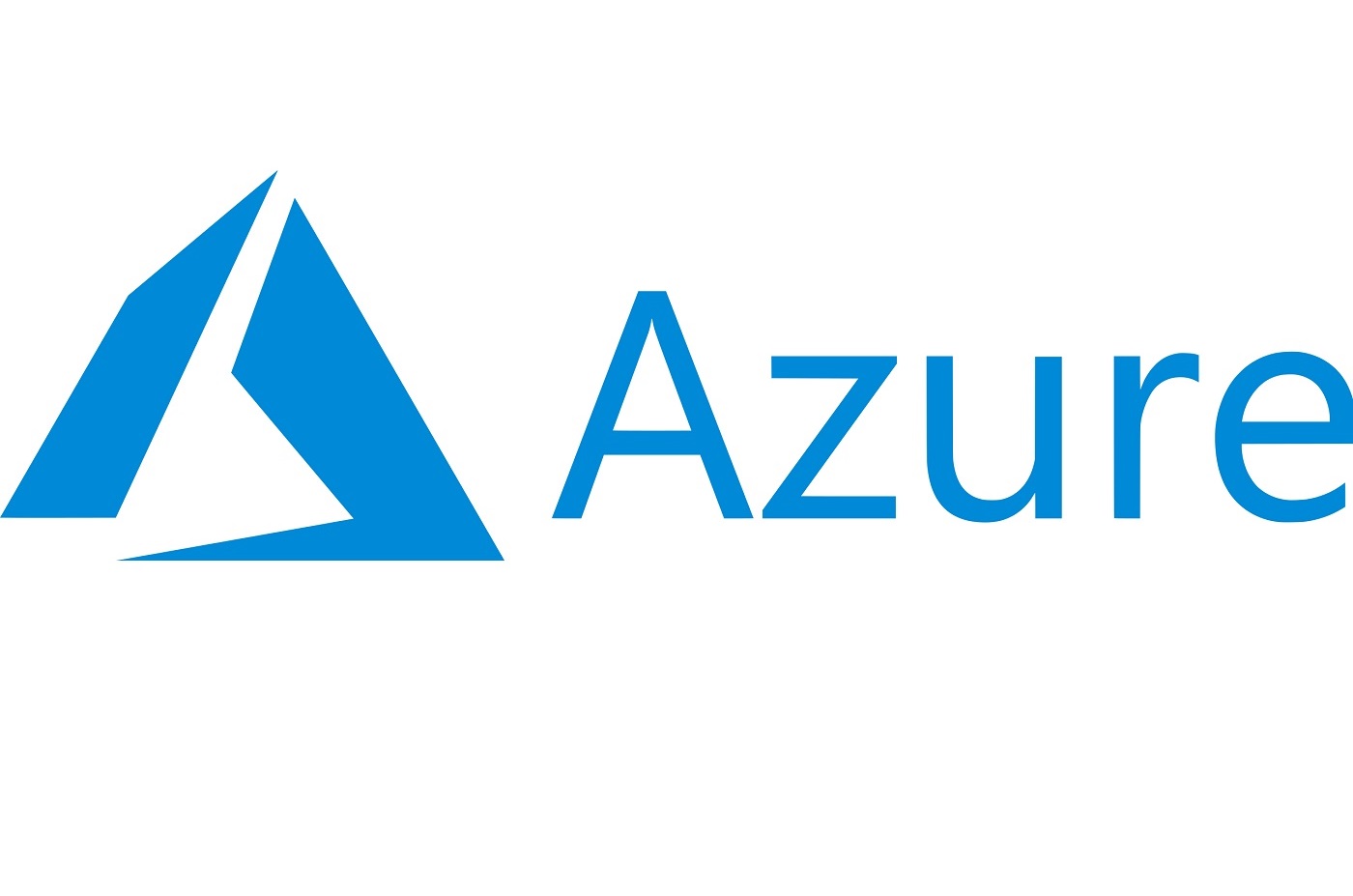What you should know before migrating to the cloud
Published

Migrating to the cloud can bring many benefits to businesses, such as greater flexibility, scalability, cost efficiency and improved security. However, if you want to migrate to the cloud, there are a few important things to keep in mind to ensure the migration goes smoothly and successfully:
- Check the costs: It is important to understand the costs of migration and ongoing costs in the cloud. Compare the different cloud providers and choose the one that best suits your needs and budget.
- Security: Data security is an important factor when migrating to the cloud. Ensure that the cloud platform meets industry-specific requirements and offers a high level of security.
- Compatibility: Ensure your applications and data are compatible with the cloud platform. Thorough analysis of applications and data can help avoid migration issues.
- Scalability: Another important factor is the scalability of the cloud platform. Make sure the platform is capable of meeting your needs and supporting future growth.
- Contracts: Read the cloud provider contracts carefully to ensure all terms and conditions are understood and accepted.
- Training: Make sure your employees are prepared for the cloud platform and have the necessary knowledge and skills to use it effectively.
- Backup and Disaster Recovery: Ensure backup and disaster recovery plans are in place to minimize data loss or downtime.
- Monitoring: Monitor the cloud platform regularly to ensure that it is functioning optimally and any problems can be quickly identified and resolved.
These points should be considered when planning and executing a migration to the cloud to ensure that the migration is successful and effective.
Which are the best-known cloud providers?

Those : arrowvoice.com.au
There are a variety of cloud providers on the market offering different services and features. However, here are some of the most well-known and commonly used cloud providers:
- Amazon Web Services (AWS): AWS is the largest cloud provider, offering a wide range of services including computing, storage, databases, analytics, artificial intelligence, IoT and more.
- Microsoft Azure: Azure is a cloud computing platform from Microsoft and offers a wide range of services including computing, storage, databases, analytics, artificial intelligence, IoT and more.
- Google Cloud Platform (GCP): GCP is Google's cloud computing platform and offers a wide range of services including compute, storage, databases, analytics, artificial intelligence, IoT and more.
- IBM Cloud: IBM Cloud is a cloud computing platform from IBM and offers a wide range of services including compute, storage, databases, analytics, artificial intelligence, IoT and more.
- Oracle Cloud: Oracle Cloud is a cloud computing platform from Oracle and offers a wide range of services including compute, storage, databases, analytics, artificial intelligence, IoT and more.
Other cloud providers include Alibaba Cloud, DigitalOcean, Rackspace, Salesforce, VMware and more. It's important to carefully review each cloud provider's features, services, pricing, and other features to find the provider that best fits your business's needs.
What are the risks of migrating to the cloud?

Those : cuelogic.com
Although migrating to the cloud offers many benefits, there are also some risks and challenges that must be considered. Here are some possible risks when migrating to the cloud:
- Security risks: A key concern when migrating to the cloud is the security of data. There is a risk of data loss, unauthorized access, hacking attacks and other security issues.
- Compliance risks: Some industries have specific privacy and security requirements, such as healthcare or finance. It can be difficult to meet these requirements in the cloud, which can lead to compliance risks.
- Dependency on cloud providers: When a company migrates to the cloud, it depends on a cloud provider. Some companies are concerned about dependence on a provider and the possibility that the provider will make changes to services or prices in the future.
- Integration risks: It can be difficult to integrate existing IT systems and applications into the cloud and connect them to other cloud services.
- Performance risks: An organization can expect improved performance and availability of applications and systems from the cloud, but it is also possible that there are performance issues if the applications are not optimally configured for the cloud.
- Cost risks: Migrating to the cloud can be expensive initially and it is important to carefully monitor and manage ongoing costs to avoid unexpected costs.
To minimize these risks, it is important to conduct thorough planning and analysis, make careful selection of the cloud provider, implement security precautions, monitor the performance of systems and applications, and ensure adequate training of employees.
What costs can arise with a cloud migration?

Those : synopsys.com
Cloud migration can involve various costs. Here are some possible costs that may arise when migrating to the cloud:
- Cloud infrastructure costs: When you move your applications and data to the cloud, you may have to pay for infrastructure costs such as the virtual machines, storage, networking, and other services you use in the cloud. Costs may vary depending on your provider and the resources you use.
- Migration tools and services: You may need tools and services to migrate your applications and data to the cloud. This may include, for example, the use of automation tools, database migration tools or cloud migration services. These tools and services may incur additional costs.
- Training costs: If your employees are not familiar with cloud technology, you may need to provide training and educational resources to ensure they can make the most of cloud platforms and services. These training costs can vary depending on the scope and duration of the training.
- Compliance and security costs: If you store personal data or other sensitive information in the cloud, you must ensure that the cloud platform meets compliance requirements. This may incur additional costs for verifying the security and compliance features of the cloud platform.
- Ongoing maintenance and support costs: If you migrate to the cloud, you may continue to pay maintenance and support costs to ensure your applications and data run smoothly in the cloud. These costs may vary depending on the type of cloud platform used and the specific needs of your applications and data.
It is important that you consider all costs when planning your cloud migration strategy and create a budget for the migration to avoid unexpected costs.
When is a cloud migration not worth it?

Those : laminarco.com
Although cloud migration offers many benefits, there may be situations where it is not worth migrating to the cloud. Here are some scenarios where cloud migration may not be the best option:
- If your applications have very specific or complex requirements that cannot be supported by existing cloud platforms and services. In this case, it may be difficult or even impossible to migrate your applications to the cloud without compromising functionality and performance.
- When the cost of cloud migration is higher than the cost of maintaining your current IT infrastructure. It's important to consider the total cost of migrating to the cloud, including infrastructure, training, compliance and support costs. If these costs are higher than the cost of your current IT infrastructure, it may not be worth migrating to the cloud.
- If the security requirements of your applications or data do not match the security standards of the cloud platforms. In this case, you may have difficulty meeting the necessary compliance and security requirements.
- If your applications or data are very sensitive and require high latency, e.g. B. in real-time transactions or processes. In this case, delays due to the distance between the cloud and your location can impact performance.
- If your IT infrastructure is too old or outdated to migrate to the cloud, as the migration may require a complete redesign of the applications and systems.
It's important that you carefully consider whether cloud migration makes sense for your business. A thorough cost-benefit comparison and analysis of the specific needs of your applications and data can help determine whether cloud migration is the right choice.








